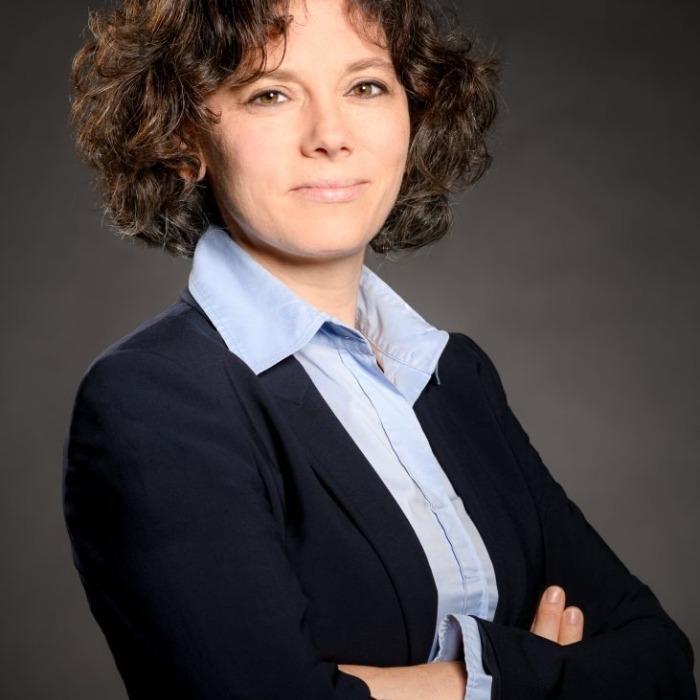
Women, Power, and Property: The Paradox of Gender Equality Laws in India
Rachel Brule | Assistant Professor, Boston University
Wednesday, November 11, 2020 12:15 PM
Virtual
Abstract/Description
Quotas for women in government have swept the globe. Yet we know little about their capacity to upend entrenched social, political, and economic hierarchies. Women, Power, and Property explores this question within the context of India, the world’s largest democracy. Brulé employs a research design that maximizes causal inference alongside extensive field research to explain the relationship between political representation, backlash, and economic empowerment. Her findings show that women in government – gatekeepers – catalyze access to fundamental economic rights to property. Women in politics have the power to support constituent rights at critical junctures, such as marriage negotiations, when they can strike integrative solutions to intrahousehold bargaining. Yet there is a paradox: quotas are essential for enforcement of rights, but they generate backlash against women who gain rights without bargaining leverage. In this groundbreaking study, Brulé shows how well-designed quotas can operate as a crucial tool to foster equality and benefit the women they are meant to empower.Co-Sponsored by: Department of Economics, Co-Sponsored by: The Batten School
2020-2021 overall text
New Content Coming Soon!
